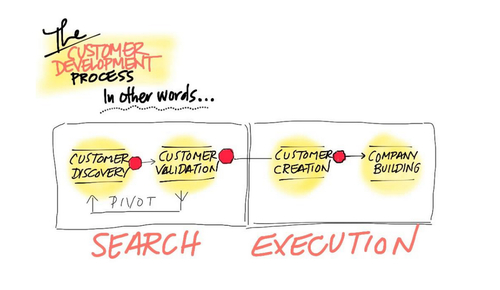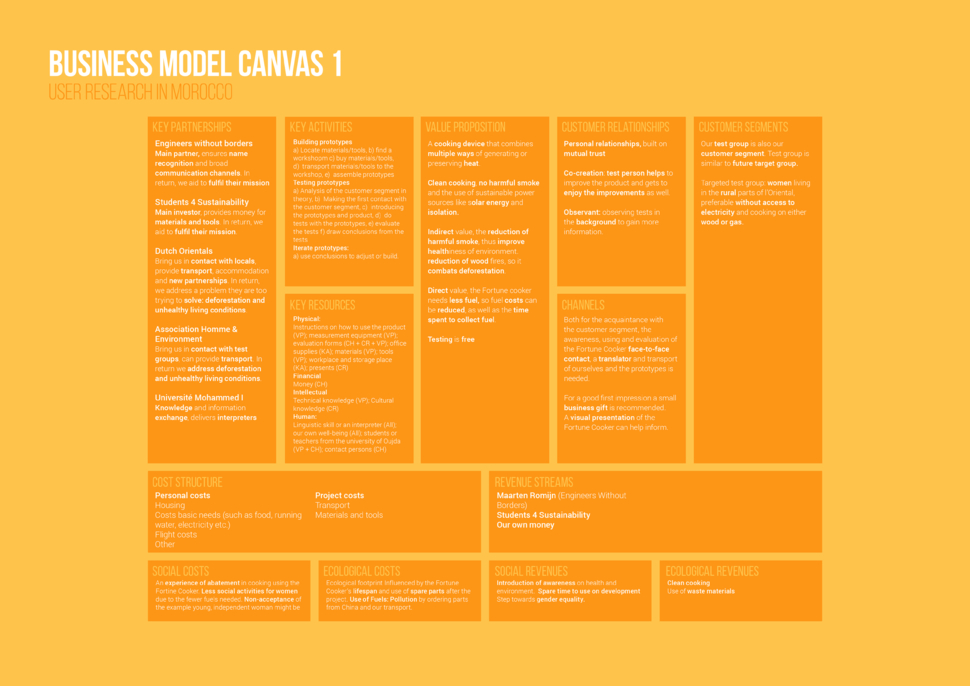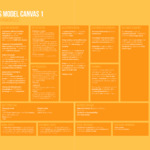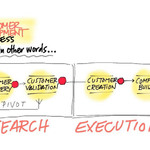Introduction
The Fortune Cooker is a dual-fuel solar cooking device developed to reduce disease from wood burning resulting in over 4 million deaths per year, deforestation and CO2 emission. The Fortune Cooker concept was first designed by Maarten Romijn and further developed by Jan Kluiver. The working prototypes are in desperate need of field research and therefore will we travel to rural households in Morocco. The mission of this project is to adapt an environmentally clean cooking machine to the wishes and values of the customer, with the ultimate goal to reduce CO2-emission and deforestation due to cooking on woodfires.
According to van Zanten (2011), businesses contribute (in)directly to environmental problems. As one of the goals of our project is to reduce one of those problems, namely deforestation and gas emissions, it is essential to integrate sustainability in the business strategy and therefore also in the business model. Van Zanten also states it is essential to involve stakeholders in developing a Corporate Responsible strategy to find shared value.
“This can be done through co-creation. Co-creation with stakeholders can help give meaning to sustainability, speed up strategy development, channel initiatives into a clear strategy to achieve maximum added value and raise commitment within the organisation.” (van Zanten, 2011)
In our particular project co-creation will be realized not only with the stakeholders, but also via the customer relationship, as the future customers will also have a big influence in the development of the product.
This Business Plan contains two Business Model Canvasses. Both Business Models seem to fit into Steve Blanks Theory of the lean-startup (Blank, S. 2013), in which a business model is a starting point to be adjusted along the way. The customer development process we intent to create by co-creation consists of a research phase and a execution phase.
The first Business Model is created from our own projects point of view. It describes the search in which we might pivot a hundred times, but which will eventually lead to the development of the Fortune Cooker.
The second Business Model is a hypothesis on the execution, the future development of a business around the Fortune Cooker. This Business Model is fundamental to the first, because it provides knowledge on the additional research needed in Morocco.
Business Model Canvas
Sources
Blank, S. (2013), Why the lean startup strategy changes everything. Harvard Business Review
Zanten, Y. van - CSR Cocreation GreenPaper (Retrieved 03-06-2015 from http://www.greeninc.nl/over-ons/strategie/)



